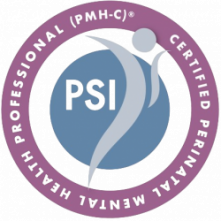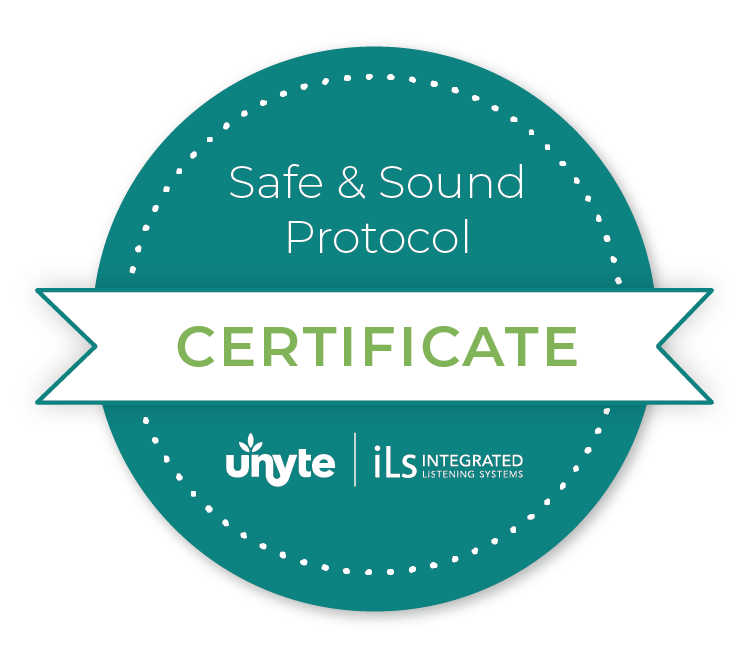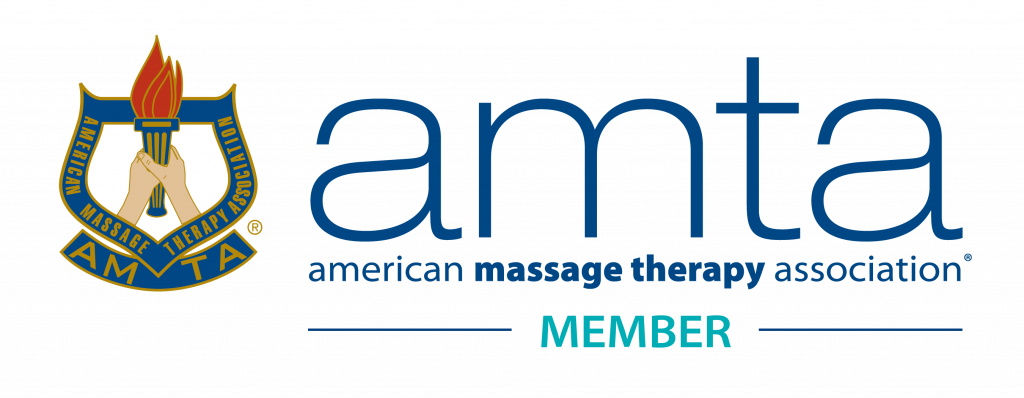Know More
About Flourish



About Lakshmi Om
Lakshmi Om, resides in North Carolina, USA, with proficiency in English. As a somatic therapist at The Flourish Center for Somatic Healing, Lakshmi specializes in addressing pre and perinatal trauma, early childhood trauma, and their embodied imprints. Leveraging her extensive background, she employs pre and perinatal psychology, Biodynamic CranioSacral Therapy, Somatic Experiencing, trauma-informed yoga therapy, DARe attachment therapy, and the Safe and Sound Protocol to guide adults, children, and infants in releasing and integrating pivotal life experiences spanning conception, in-utero, birth, postpartum, and early childhood.
Distinguished in pelvic floor yoga therapy, Lakshmi supports individuals throughout the birthing process, offering her expertise before, during, and after delivery. With a rich history as a doula for two decades and a BFA in Modern Dance Performance and Choreography from the University of Illinois, Lakshmi boasts over 25 years of experience in working with the body. Her profound belief in the interconnectedness of the physical, spiritual, emotional, and mental facets of the body informs her approach with each client. Recognizing that healing is intricately tied to connection – to one’s deepest self, to others, and to the innate capacity for healing – Lakshmi’s ultimate goal is to guide clients toward rediscovering their wisdom, wholeness, and support within themselves.
Somatic Therapy Scope of Practice
The scope of practice for somatic therapy outlines the boundaries, responsibilities, and methodologies a somatic therapist is trained and authorized to provide. It ensures client safety, ethical standards, and clarity of the therapist’s role.
Board Certification in Therapeutic Massage and Bodywork (BCTMB®)
BFA, LMBT #2765, SEP, PPNE, PMH-C, C-IAYT, E-RYT 500, YACEP
Trusting the Wisdom of the Body
Trusting the Wisdom of the Body in Healing means recognizing that the body holds innate intelligence and the capacity to guide us toward recovery and balance. In trauma healing, this concept emphasizes tuning into the body’s sensations, signals, and responses, allowing it to release stored tension and process emotional wounds.
By trusting the body’s natural impulses—such as shaking, deep breathing, or grounding—we honor its ability to heal without forcing or bypassing the process. This approach nurtures deeper self-awareness, restores nervous system regulation, and cultivates a sense of safety and well-being from within.
Active Listening opens the door to Healing
Active Listening opens the door to healing by creating a safe and compassionate space where individuals feel truly heard and understood. This deep, intentional form of listening involves giving full attention, suspending judgment, and responding with empathy. By validating someone’s experiences and emotions, active listening fosters trust and connection, allowing unresolved feelings to surface and be processed.
It helps individuals feel valued and supported, which can reduce emotional isolation and open pathways for healing emotional wounds, fostering greater self-awareness, and encouraging personal growth.
The Importance of Curiosity
Curiosity plays a vital role in healing trauma by encouraging openness and non-judgmental exploration of one’s emotions, thoughts, and bodily sensations. Instead of reacting to trauma with fear or avoidance, approaching it with curiosity allows individuals to gently investigate their inner experiences and patterns. This compassionate inquiry creates space for understanding and processing unresolved wounds without overwhelming the nervous system.
By staying curious, individuals can uncover the
deeper layers of trauma, fostering insight, resilience, and the possibility for transformative healing. Curiosity helps shift from feeling stuck to discovering new ways to heal and grow.
We Heal in Connection
Healing trauma in connection with others is essential because human beings are wired for relationships, and many traumas are rooted in relational wounds. Safe, supportive connections offer the space to rebuild trust, feel seen, and be emotionally held.
Healing in connection allows for co-regulation of the nervous system, where we attune to another’s calm presence, which fosters safety and reduces feelings of isolation. Sharing our pain and experiences with empathetic others helps us process and release trauma, transforming disconnection into belonging. Through healthy relationships, we can restore a sense of safety, connection, and emotional resilience.
More about
Flourish
01.
Definition of Somatic Therapy
Somatic therapy is a body-centered therapeutic approach that integrates the connection between the mind and body to address trauma, stress, emotional challenges, and overall well-being. Techniques often involve body awareness, movement, breathwork, touch (if within the practitioner’s training and licensure), and dialogue.
02.
General Scope of Practice
Somatic therapists work within the following areas:
Body Awareness: Helping clients develop mindfulness of physical sensations, tension, and emotional patterns held in the body.
Trauma Resolution: Supporting clients in safely processing trauma stored in the nervous system, often using modalities like Somatic Experiencing or other trauma-informed approaches.
Stress and Emotional Regulation: Teaching clients strategies to regulate their nervous system and manage emotional states.
Mind-Body Integration: Facilitating deeper understanding and integration of the physical, emotional, and psychological aspects of their experiences.
03.
Techniques Used in Somatic Therapy
Depending on training and certifications, somatic therapists may use:
Gentle, trauma-informed touch
Movement-based exercises to release stored tension
Breathing techniques to regulate the nervous system
Guided imagery and visualization to foster safety and healing
Verbal processing to explore the relationship between bodily sensations and emotions
04.
Ethical Considerations
Informed Consent: Therapists must explain the therapy process and obtain consent, especially for touch-based techniques.
Boundaries: Somatic therapists avoid diagnosing or treating mental health disorders unless they hold additional licensure (e.g., as a psychotherapist). They refer clients to licensed professionals for concerns outside their scope.
Cultural Sensitivity: Practitioners respect diverse backgrounds and tailor approaches to each client’s needs.
05.
Training and Certification Requirements
Somatic therapists typically undergo specialized training in somatic modalities, such as:
Somatic Experiencing (SE)
Hakomi Method
Body-Mind Centering
Trauma-informed bodywork
DARe
Licensure or certification may be required for touch-based work, depending on local regulations (e.g., massage therapy, physical therapy, or psychotherapy licensure).
06.
Limitations of Scope
Somatic therapists must not:
Diagnose mental health disorders (unless licensed to do so).
Prescribe medication or provide medical treatment.
Perform invasive physical interventions or techniques for which they are not trained.
Provide therapy beyond the boundaries of their training (e.g., psychotherapy if not licensed as a psychotherapist).
07.
When to Refer
Somatic therapists refer clients to other professionals when:
Clinical mental health issues, such as severe PTSD or mood disorders, require specialized psychotherapy.
Medical conditions arise that need the attention of a healthcare professional.
The client’s needs exceed the practitioner’s training or expertise.
08.
Collaboration with Other Professionals
Somatic therapists often work alongside:
Psychotherapists or counselors
Medical professionals
Physical therapists or chiropractors
Collaboration ensures a holistic approach to client care while respecting professional boundaries.
The scope of practice for somatic therapy prioritizes ethical care, client empowerment, and collaboration, ensuring that practitioners work within their expertise to support holistic healing and growth.
get started
Schedule Your
Consultation
Unlock the door to your transformative healing journey by scheduling a $70 consultation with The Flourish Center for Somatic Healing — a personalized opportunity to discuss your unique goals and explore how our specialized services can support your path to holistic well-being. The consultation fee applies to your first appointment if you choose to work with us.
Our location
Opening Hours
Mon: 230p - 7p
Wed: 9a - 5p
Fri-Sun: 9a - 6p
Contact
Phone: +1 919 - 228 - 8856
Email: info@flourish....com




